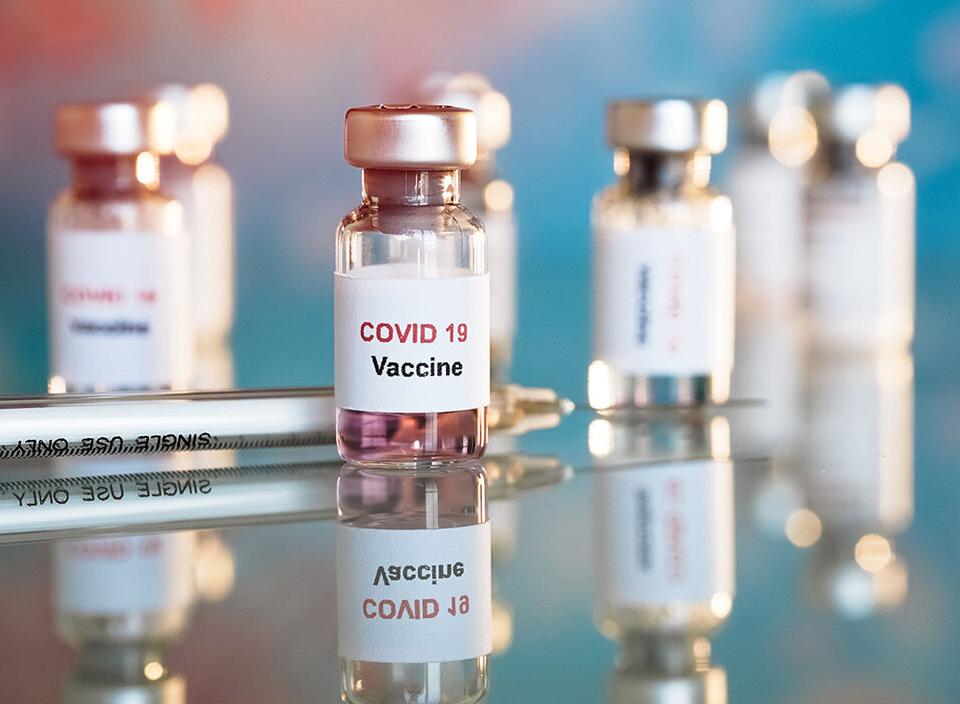
Benefits of Getting a COVID-19 Vaccine
Our Friends · Jan. 15, 2021
We understand that some people may be concerned about getting vaccinated now that COVID-19 vaccines are available in many countries. While more COVID-19 vaccines are being developed as quickly as possible, routine processes and procedures remain in place to ensure the safety of any vaccine that is authorized or approved for use. Safety is a top priority, and there are many reasons to get vaccinated.
Can a COVID-19 vaccine make me sick with COVID-19?
No. None of the COVID-19 vaccines contain the live virus that causes COVID-19 so a COVID-19 vaccine cannot make you sick with COVID-19.
Below is a summary of the benefits of COVID-19 vaccination based on what we currently know. CDC will continue to update this page as more data become available.
COVID-19 vaccination will help keep you from getting COVID-19
1. All COVID-19 vaccines currently available in the United States have been shown to be highly effective at preventing COVID-19.
2. All COVID-19 vaccines that are in development are being carefully evaluated in clinical trials and will be authorized or approved only if they make it substantially less likely you’ll get COVID-19.
3. Based on what we know about vaccines for other diseases and early data from clinical trials, experts believe that getting a COVID-19 vaccine may also help keep you from getting seriously ill even if you do get COVID-19.
4. Getting vaccinated yourself may also protect people around you.
5. Experts continue to conduct more studies about the effect of COVID-19 vaccination on severity of illness from COVID-19, as well as its ability to keep people from spreading the virus that causes COVID-19.
COVID-19 vaccination is a safer way to help build protection
1. COVID-19 can have serious, life-threatening complications, and there is no way to know how COVID-19 will affect you. And if you get sick, you could spread the disease to friends, family, and others around you.
2. Clinical trials of all vaccines must first show they are safe and effective before any vaccine can be authorized or approved for use, including COVID-19 vaccines. The known and potential benefits of a COVID-19 vaccine must outweigh the known and potential risks of the vaccine for use under what is known as an Emergency Use Authorization (EUA).
3. Getting COVID-19 may offer some natural protection, known as immunity. Current evidence suggests that reinfection with the virus that causes COVID-19 is uncommon in the 90 days after initial infection. However, experts don’t know for sure how long this protection lasts, and the risk of severe illness and death from COVID-19 far outweighs any benefits of natural immunity. COVID-19 vaccination will help protect you by creating an antibody (immune system) response without having to experience sickness.
4. Both natural immunity and immunity produced by a vaccine are important parts of COVID-19 disease that experts are trying to learn more about, and CDC will keep the public informed as new evidence becomes available.
COVID-19 vaccination will be an important tool to help stop the pandemic
1. Wearing masks and social distancing help reduce your chance of being exposed to the virus or spreading it to others, but these measures are not enough. Vaccines will work with your immune system so it will be ready to fight the virus if you are exposed.
2. The combination of getting vaccinated and following CDC’s recommendations to protect yourself and others will offer the best protection from COVID-19.
3. Stopping a pandemic requires using all the tools we have available. As experts learn more about how COVID-19 vaccination may help reduce spread of the disease in communities, CDC will continue to update the recommendations to protect communities using the latest science.
(Resource: www.cdc.gov)






